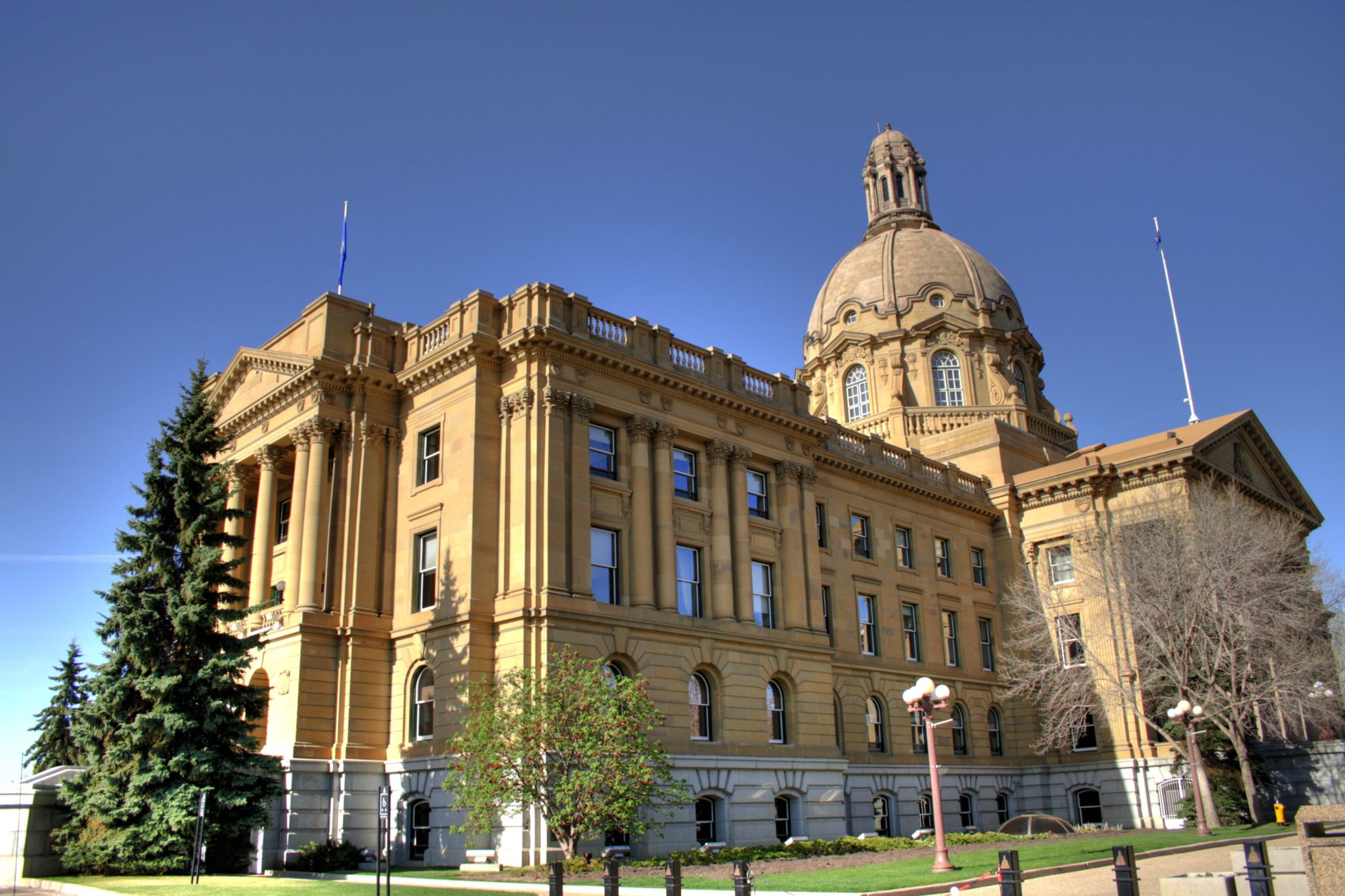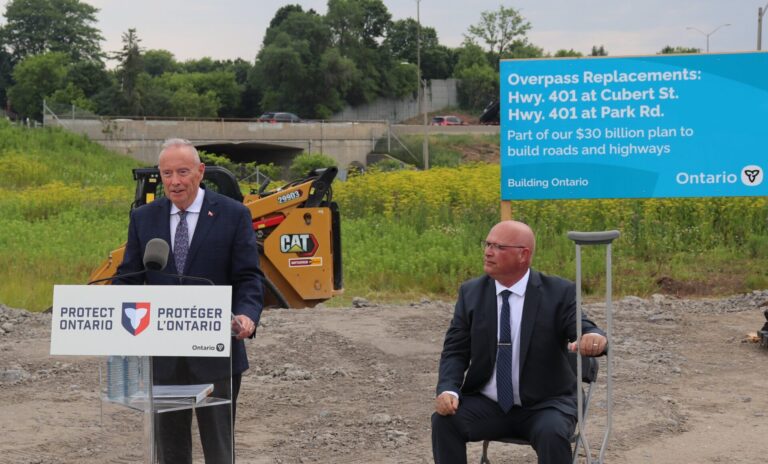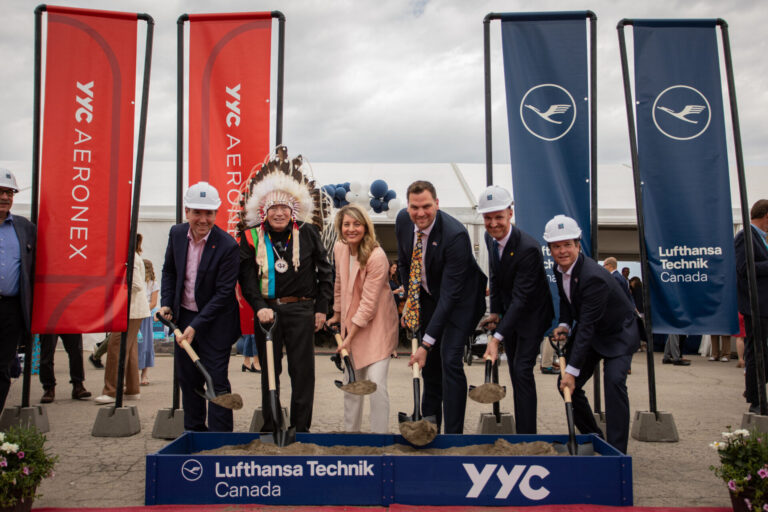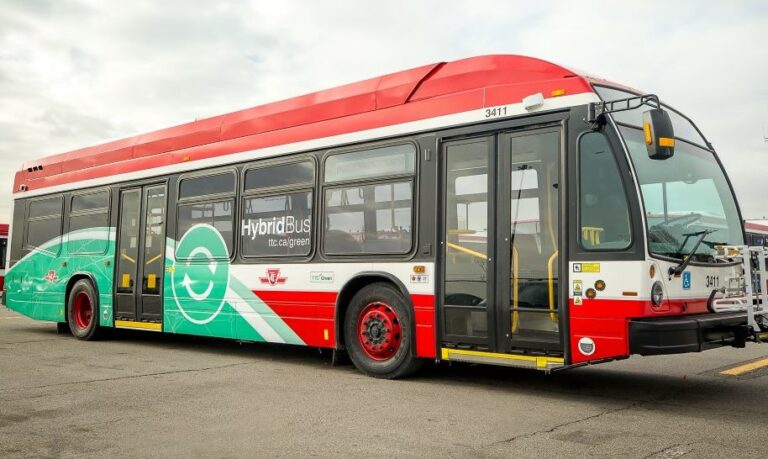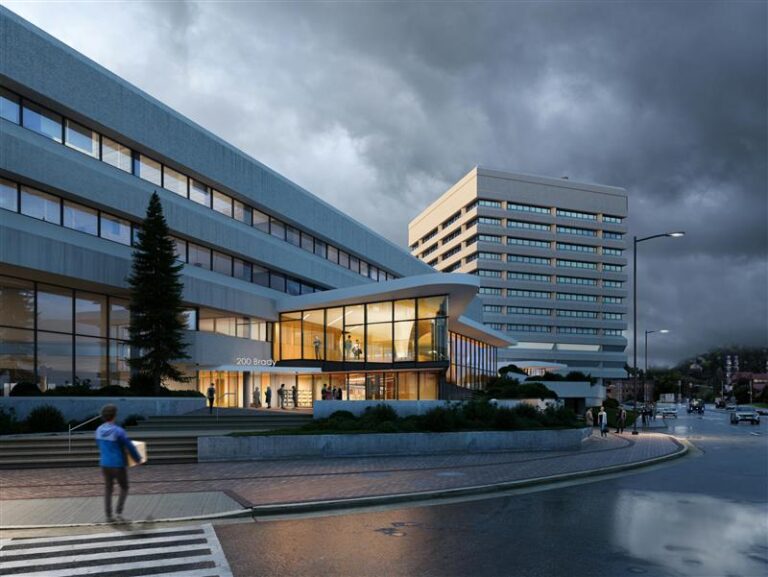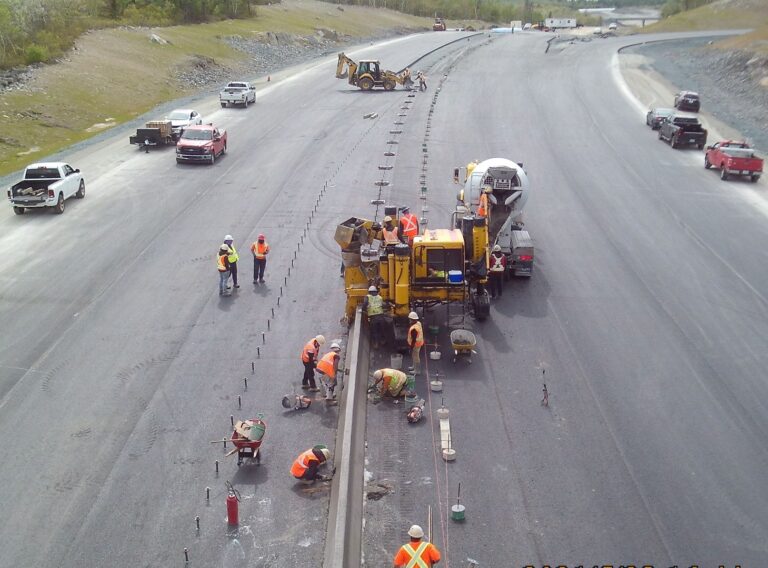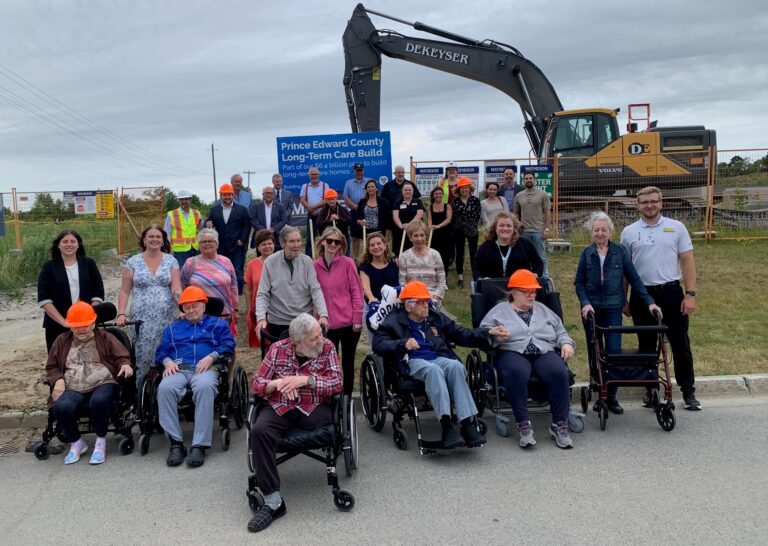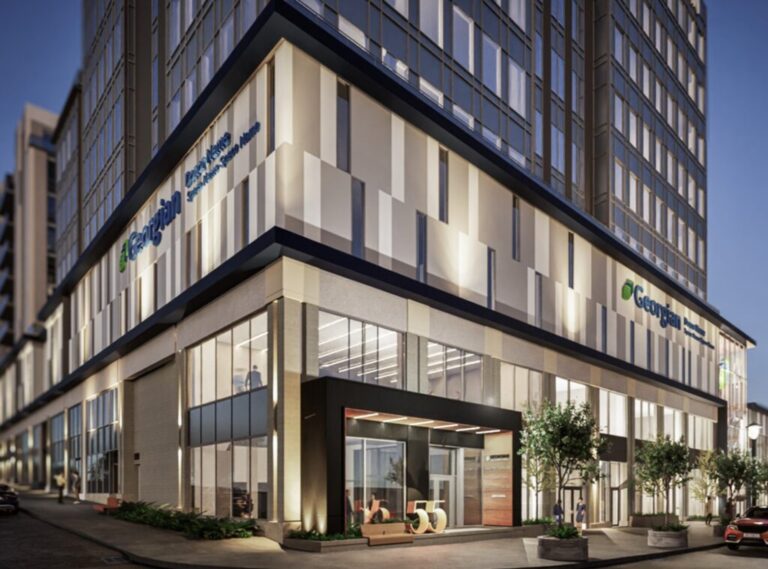The United Conservative Party, under the leadership of Premier Jason Kenney, unveiled its first budget for Albertans, with a focus on restoring the province to a strong financial footing. In doing so, the government to make decisions to cut back on its spending, including on infrastructure.
“Budget 2019 provides the public infrastructure that families and communities need,” the report states. “The capital plan makes a commitment of $24.2 billion over four years. It honours previous public commitments to build and maintain key infrastructure projects while taking into account observations from the MacKinnon report.”
According to the budget documents, the 2019-2023 plan includes:
- $6.9 billion for direct municipal support with an intent to adjust provincial spending to recognize the current fiscal environment and allow for some gainsharing as provincial revenues improve.
- $2.9 billion for roads and bridges;
- $2.9 billion for health facilities;
- $1.8 billion for schools;
- $3.6 billion for capital maintenance and renewal of public infrastructure;
- $476 million for family social supports and housing; and
- $463 million for post-secondary infrastructure.
The budget documents include detailed information on the initial budget cuts to the ministries impacting the development of public sector infrastructure, as the government looks to reduce the money it spends on the province’s public service. The Ministry of Infrastructure has been reduced to $460 million, down $28 million or 5.7 per cent from 2018-19. A series of “savings initiatives” are expected to reduce the operating expense by $60 million total by 2022-23. The Ministry of Transportation budget will be $411 million, reducing to $372 million by 2022-23, a total reduction of 16 per cent from 2018-19.
Here are a few other important notes on infrastructure-related spending from the 2019-20 budget:
Transportation and Water
“Savings of $137 million will come from reducing road maintenance services, which will be monitored to ensure safety is not affected. Reducing roadway preservation activities over four years will save a further $63 million. Spending to maintain park roads and water management structures will be reduced, realizing $18 million in savings over four years.”
Municipal Infrastructure
“The Municipal Sustainability Initiative (MSI) funding will be reduced by $94 million and $142 million in 2020-21 and 2021-22, respectively. By starting reductions in 2020-21, municipalities will have time to adjust.”
Transit
“The province will maintain $3 billion for Edmonton and Calgary LRT projects. However, part of the Capital Plan reductions come from adjusting cash flows related to this funding. Most of the provincial funding will be provided after 2022-23. The adjusted provincial cash flows are a more prudent and realistic disbursement of funds for these major projects. They reflect the province’s ability to pay and minimize the need to borrow when funds are not available.”
Roads and Bridges
“Significant investment – $2 .9 billion over the next four years or 13 per cent of the total plan – is dedicated to transportation networks and roads in the 2019 Capital Plan. Among many other projects, the Plan commits funding of $77 million to construct Highway 1A upgrades through the Stoney First Nation and $210 million for Deerfoot Trail upgrades.”
Health Care
“Government commits $2 .9 billion in the Capital Plan for health care facilities throughout the province. The Plan continues to support projects such as the Calgary Cancer Centre, the Norwood Long Term Care Facility in Edmonton, and the Grande Prairie Hospital. The Plan includes planning funds for potential future projects such as redevelopment of the Red Deer Regional Hospital and the proposed Brain Centre at the University of Alberta. “
In terms of key projects, there were a few notable funding commitments within the capital project listing:
- $238 million over four years for an Edmonton hospital
- $327 million over four years for the Norwood Long-Term Care Facility
- $110 million for Deerfoot Trail upgrades (starting in 2021-22)
- $1.873 billion for Edmonton and Calgary Ring Roads
- $1.034 billion for the Calgary Cancer Centre
- $1.396 billion for the Calgary and Edmonton LRTs
While the budgets have been trimmed in order for the province to improve its financial position, there are still lots of reasons for the infrastructure industry to look to Alberta for opportunities in the years ahead.

